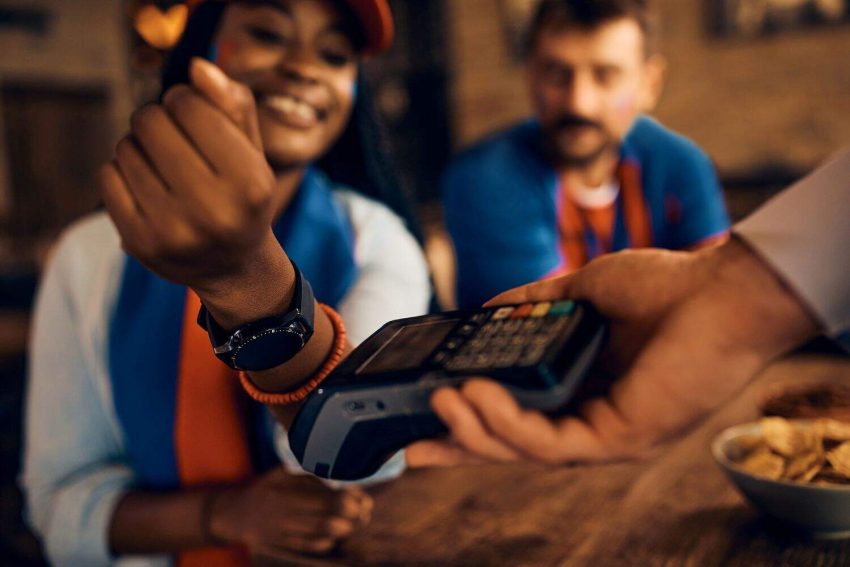Digital wallet use grew by 9% in 2023 alone, with adoption increasing across urban centres and townships alike as fintech becomes woven into daily life.
Do you really still need a bank account if you can have a digital wallet? With no paperwork, low monthly fees and no need to visit a branch, digital wallets are challenging the role banks have traditionally played in people’s financial lives.
“Across South Africa’s townships and cities, more people are managing their money through mobile phones than ever before. What was once seen as a supplement to a bank account, is now replacing it altogether for many,” says Jonathan Holden, COO at digital payments platform, SOLmate.
While bank accounts have long been the foundation of financial life, especially for salary payments and savings, many modern consumers, particularly younger generations, are embracing the speed, simplicity and flexibility of digital wallets, sometimes foregoing traditional banks entirely.
Holden says this shift happening here at home and not only at a global scale. According to Discovery Bank and Visa, over 60% of South Africans now prefer digital wallets for everyday transactions, citing ease of use, real-time tracking and enhanced security.
“Digital wallets have become more than useful. They are a financial lifeline for people excluded from traditional banking. More South Africans are living fully in the digital economy, without ever needing to step into a bank branch.”
ALSO READ: South Africans move to contactless payments
Bank accounts no longer gateway to formal economy
Bank accounts have long served as the gateway to the formal economy, used for storing money, receiving salaries, building credit and accessing loans. But for millions of South Africans, especially those in informal or underserved communities, the traditional banking model comes with barriers: monthly fees, long queues, complex paperwork and a dependence on physical infrastructure.
Digital wallets are changing that, Holden points out. “With just a smartphone and mobile data, users can register, load funds, send or receive money, pay bills, shop online and access value-added services without the red tape. They offer many of the same functions as a bank account but with far fewer hurdles.
“The financial world has shifted. A smartphone is now your ATM, your bank card, your till point and your money manager all in one. For many users, it is the only financial tool they ever needed.”
Holden says digital wallets are deeply integrated into everyday life. From spaza shop owners accepting payments to parents sending lunch money, to side hustlers receiving instant payment, wallets are powering participation in the economy.
He points out that security advantages are also important. “Digital wallets use biometric verification, tokenised transactions and real-time alerts, offering greater peace of mind than cash or some cards.”
ALSO READ: Challenges and opportunities of becoming a cashless society
Digital wallets now dominate
Globally, digital wallets are now the dominant payment method for online shopping, accounting for nearly half of all e-commerce transactions. McKinsey & Company’s 2024 State of Consumer Digital Payments report highlights that digital wallets are the fastest-growing online payment option worldwide, reflecting consumers’ preference for speed, convenience and security.
“For many customers, especially the youth and informal entrepreneurs, standing in a bank queue and paying fees feels outdated. They are not anti-bank, they are choosing what is faster, smarter and tailored to their lives.”
Holden says although it is a common misconception that you are not financially visible without a bank account, that is no longer true. “Digital wallets create records of income and spending, enable recurring payments and can support microloans and account upgrades. The digital trail is proof of activity.
“Many South Africans earn informally and digital wallets give them a real chance to build a financial footprint outside legacy institutions.”

